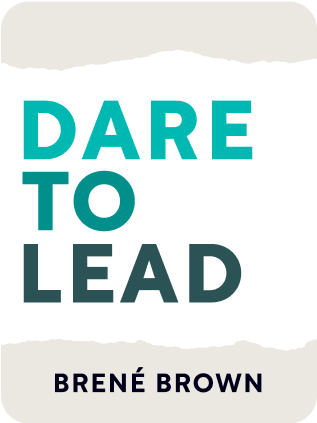

This article is an excerpt from the Shortform book guide to "Dare to Lead" by Brené Brown. Shortform has the world's best summaries and analyses of books you should be reading.
Like this article? Sign up for a free trial here .
What does shame feel like? How do you deal with the effects of shame?
Shame feels like a deep negative emotion that reaches your core. It is a painful and really frightening emotion. It tells you that you deserve failure, and that your bad actions are who you inherently are. Recognizing what shame feels like will help you accept it and work through it with a positive mindset.
Read on to fully discover what shame feels like, and how it differs from other negative emotions.
What Does Shame Feel Like?
Many defensive behaviors in the workplace are, at their core, about avoiding the threat of shame—the feeling that something you’ve done (or not done), a goal you haven’t achieved, or an ideal you didn’t measure up to makes you a flawed person unworthy of connection, love, or belonging.
Shame touches your core, telling you that you deserve failure, are deeply alone, and that your bad actions are not just behaviors, but who you inherently are. It’s sometimes grouped with other negative emotions such as guilt, humiliation, and embarrassment, which are usually short-lived and relatively superficial. However, it’s important to understand what shame feels like and how it differs from these emotions—it’s much more painful and frightening, and therefore much more powerful.
Shame is not the same as guilt. Guilt happens when you act against your values, giving you the feeling that you’ve done something bad. It may be uncomfortable, but it’s usually a valuable learning experience that reminds you of your values, and prompts an apology or behavioral changes. Shame, on the other hand, is the feeling that you are bad and usually doesn’t reveal any sort of learning experience—instead of making changes, you believe that you’re inherently a bad person, incapable of doing better.
Shame is not the same as humiliation. Humiliation is short-lived and externalized—you don’t feel bad about yourself, but rather about how you’ve been treated in a situation. Shame, on the other hand, is deep-rooted and internalized—you feel bad because you believe you are the problem. Imagine you were publicly chastised for missing a deadline. Humiliation would look like, “I didn’t deserve to be called out in front of everyone.” Shame, however, would look like, “I was called out because I am a failure.” Humiliation doesn’t usually feel deserved, but shame always does.
Shame is not the same as embarrassment. Embarrassment is a fleeting emotion that you know is universal. Usually, like falling down the stairs in middle school, it can even be funny in the future. Shame, however, is very lonely—you believe you’re the only person to have experienced it.
Knowing what shame feels like helps you recognize the particular power of shame and how easily it drives emotional reactivity, more than any other negative emotion. You can stay ahead of the effects of shame in your work culture by teaching your team how to face the vulnerability of shame and work through it.

———End of Preview———
Like what you just read? Read the rest of the world's best book summary and analysis of Brené Brown's "Dare to Lead" at Shortform .
Here's what you'll find in our full Dare to Lead summary :
- A breakdown of the four courage-building skills that make up brave leadership
- The three reasons why most people avoid vulnerability
- How to recover and move on quickly from failure






